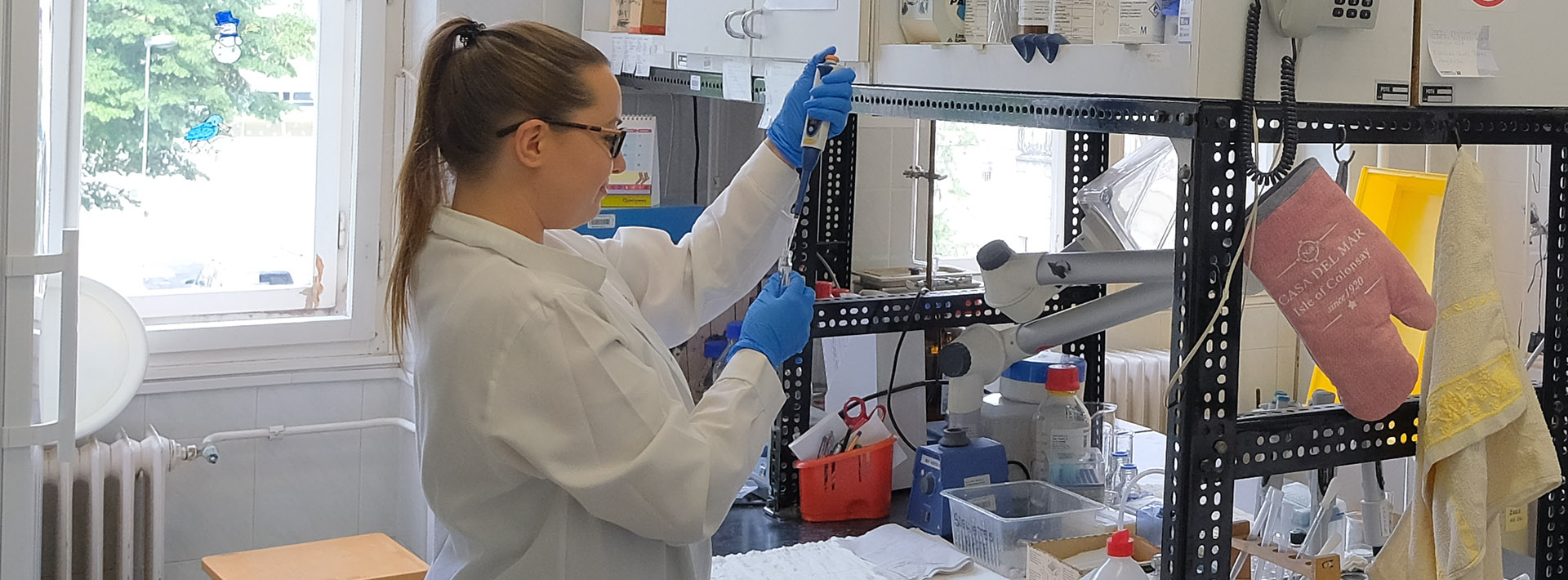Data
Official data in SubjectManager for the following academic year: 2024-2025
Course director
-
Pótó László
associate professor,
Institute of Bioanalysis -
Number of hours/semester
lectures: 0 hours
practices: 12 hours
seminars: 0 hours
total of: 12 hours
Subject data
- Code of subject: OTF-BBM-T
- 1 kredit
- Biotechnology BSc
- Optional modul
- both
-
Course headcount limitations
min. 5 – max. 20
Topic
Exploring data (using graphs and numbers) are usually handled as one-lesson / first chapter by basic statistical courses. This is, because a first course in statistics introduces many new skills. It also introduces some new ideas, that all are hard to understand for students. The new approach is to make a solid foundation to learn statistics by a more thorough introduction to those: The course tries to make clear a few of these fundamental ideas of statistics - limited to understanding and working with data. An improved skill for exploring data is useful not only at your classes and your future job but in the everyday life as well.
An excellent example is the 2020-2022 COVID pandemic. It is attached a ‘COVID-special’ block to every class material now. We study and analyze the data of the pandemic - based on the two new course goals. It demonstrates the power of data analysis to our professional and private life decisions. COVID pandemic – is a real hot issue, isn’t it?
This course is running at Weeks 1 to 6 of the semester but you may continue (highly suggested) the Problem solving in Biometrics course for the Weeks 7 to 12 of the semester. The 2 courses are covering the whole Biometrics (first course in Statistics) study contents.
Both of the courses are containing blocks for online studies – optional right now. (These are created also based on COVID semesters experiences). There are connected to these blocks consultation options. Further features are the basic and advanced (B and A) level study materials and requirements. They are new developments and tested continuously on resent semesters.
Lectures
Practices
- 1. Probability examples 1 - Pótó László
- 2. Probability examples 1 - Pótó László
- 3. Probability examples 2 - discrete distributions - Pótó László
- 4. Probability examples 2 - discrete distributions - Pótó László
- 5. Exploring data by graphs - Pótó László
- 6. Exploring data by graphs - Pótó László
- 7. Exploring data by numbers - sample measures - Pótó László
- 8. Exploring data by numbers - sample measures - Pótó László
- 9. The normal distribution - Pótó László
- 10. The normal distribution - Pótó László
- 11. Distribution of the mean; Stat estimation: the CI for the expected value - Pótó László
- 12. Distribution of the mean; Stat estimation: the CI for the expected value - Pótó László
Seminars
Reading material
Obligatory literature
Literature developed by the Department
Course material on the Moodle (continuously upgraded and copleted script, video, mp3, basic and advanced level exercises and solutions, ...)
Notes
László Pótó: Biometrics, workbook, Pécs, 2020
Recommended literature
1, Moore, D. S.: The Basic Practice of Statistics, 7th edition, 2015
2, Moore, David S., McCabe, George P.: Introduction to the Practice of Statistics, 5th edition, W.H. Freeman, 2005 or
Yates, Dan, Moore, David S., Starnes, Daren S.: The Practice of Statistics (TI-83/89 Graphing Calculator Enhanced) 2/e, W.H. Freeman, 2003 or
3, Rees, W. G.: Essential Statistics, Chapman and Hall, 1992
Conditions for acceptance of the semester
Maximum one missed class.
Mid-term exams
Active participation at the classes.
Making up for missed classes
One extra class
Exam topics/questions
No exam - but active participation on the classes is a must.
Examiners
Instructor / tutor of practices and seminars
- Pótó László
